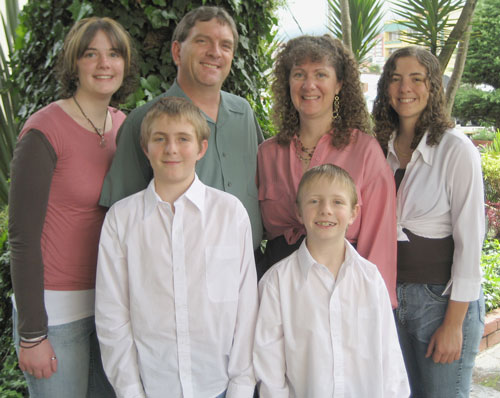September 23, 2008
|
Chris Kuntz, Worship Pastor, Union Chapel UB (Fort Wayne, Ind.)
The following originally appeared on Chris’s blog, “Molded to Worship.”
Every morning I get up before the rest of the family and get ready for work. With Lisa’s new work schedule, I leave before she gets out of bed. She is usually always either sleeping or going back to sleep as I leave, and I always give her a good-bye kiss before going.
The other morning, I was in a hurry, and as I bent down to kiss her head, my approach was a little quick. I hurriedly kissed her and started walking out the door. She asked if everything was okay, and I said, “Yes, why?”
She said the way I kissed her didn’t seem right and she thought I was mad or something. I assured her everything was okay, that I was just running late.
She drifted back off to sleep and I headed out for work.
As I was driving to work saying my morning prayers, I thought about what she said and it caused me to think about how I approach God.
- Do I approach God in a hurry so I can get on with life?
- Or do I approach with the intent of lingering in his presence for awhile?
I thought about how many times I throw up a prayer on the way to work, or right before I go to bed, and I wonder if God ever says, “What’s wrong? The way you approached me didn’t seem right.”
To Lisa, it might have been a fairly insignificant thing, but to me it was a lesson. How we approach those we love tells that person something.
What are you telling God by how you approach him?


